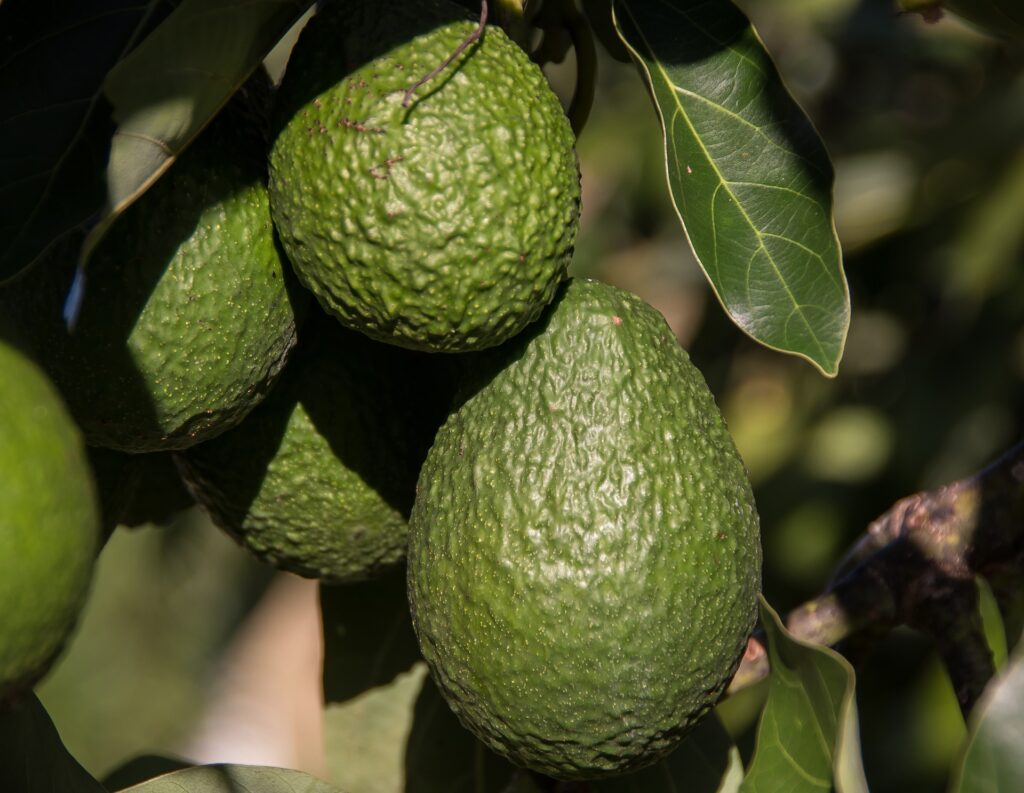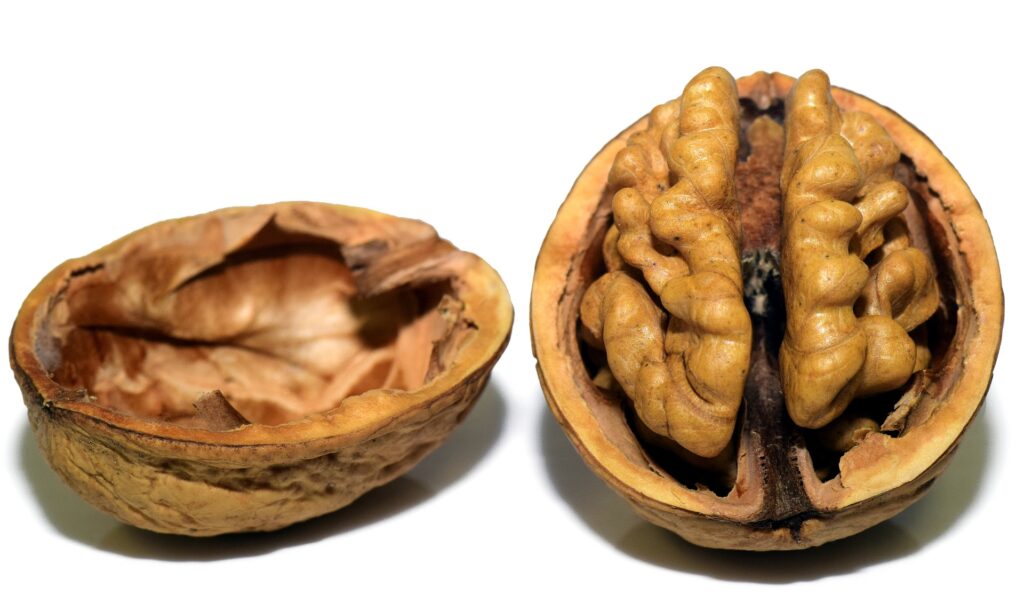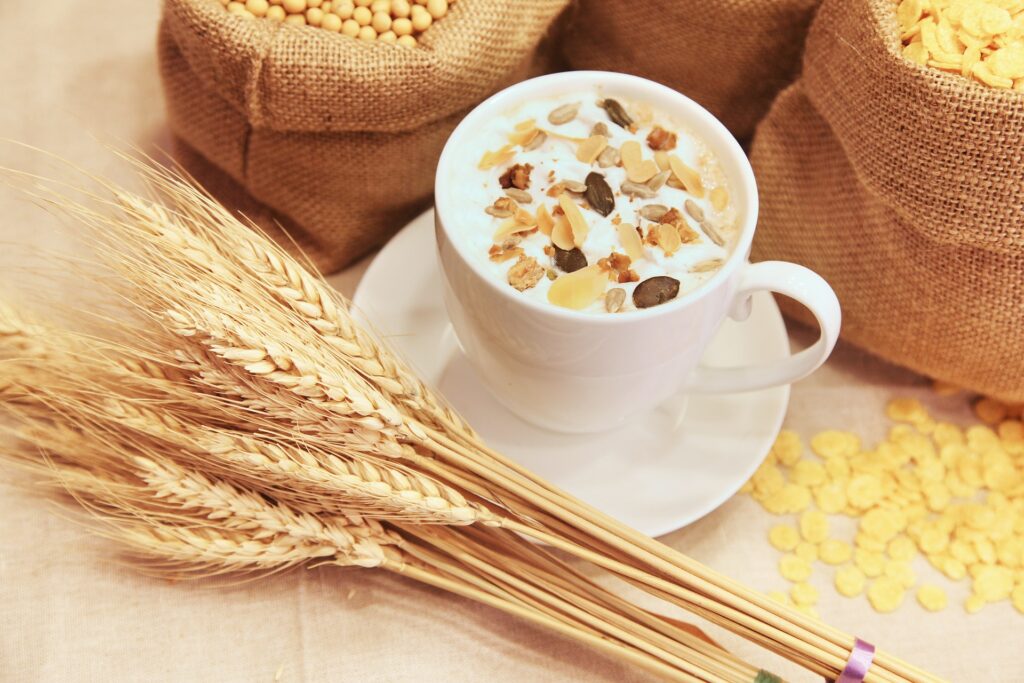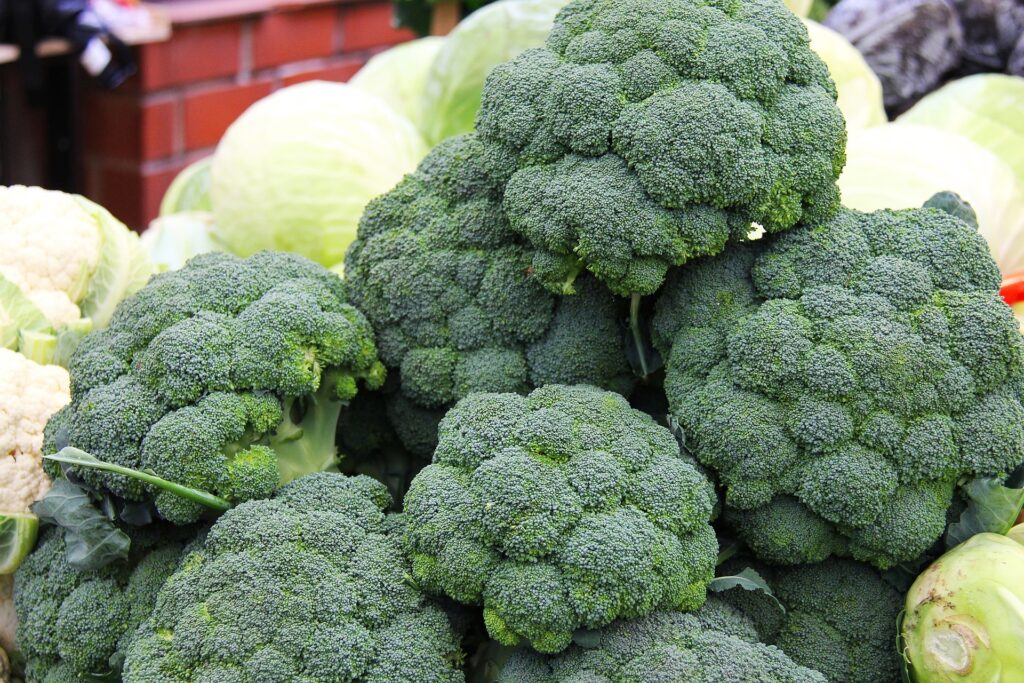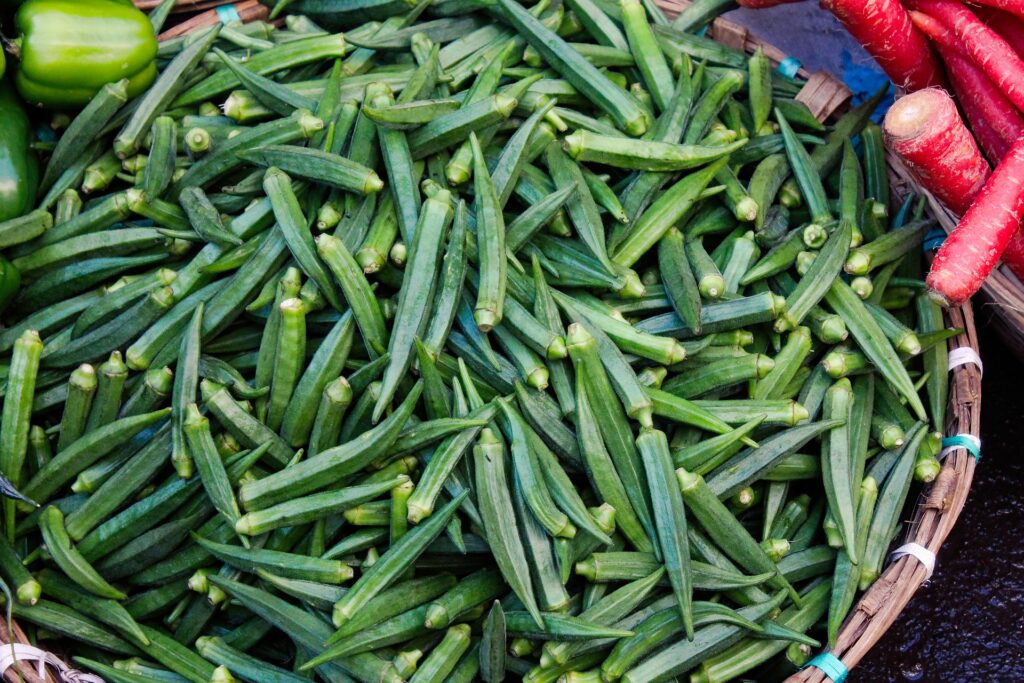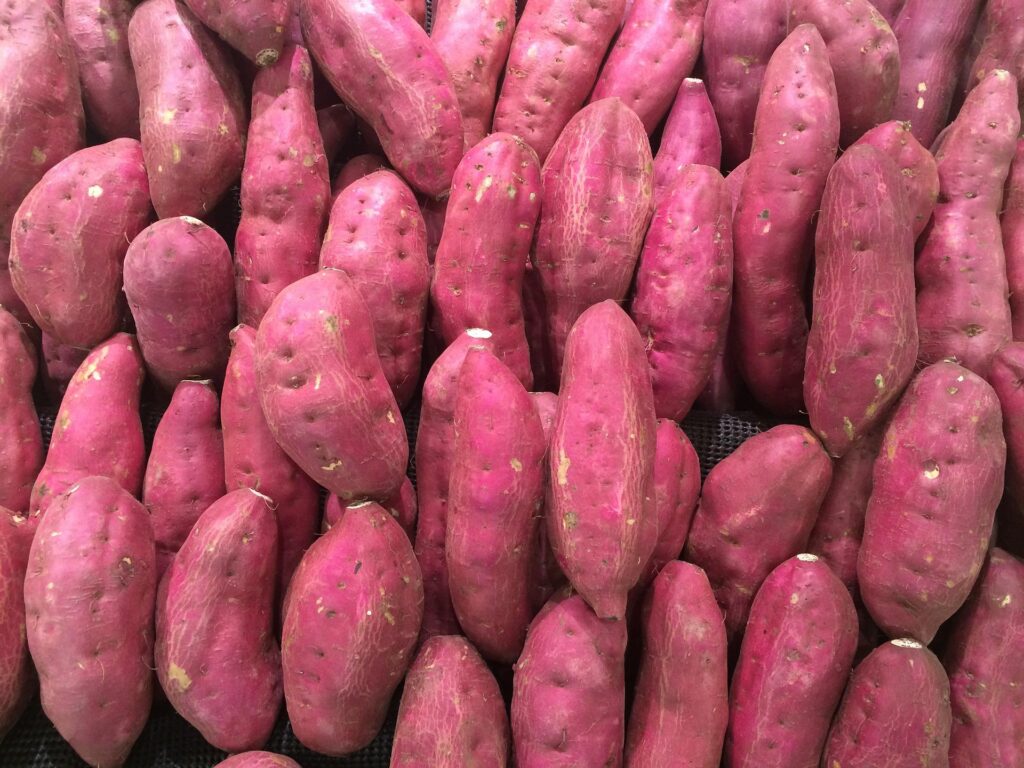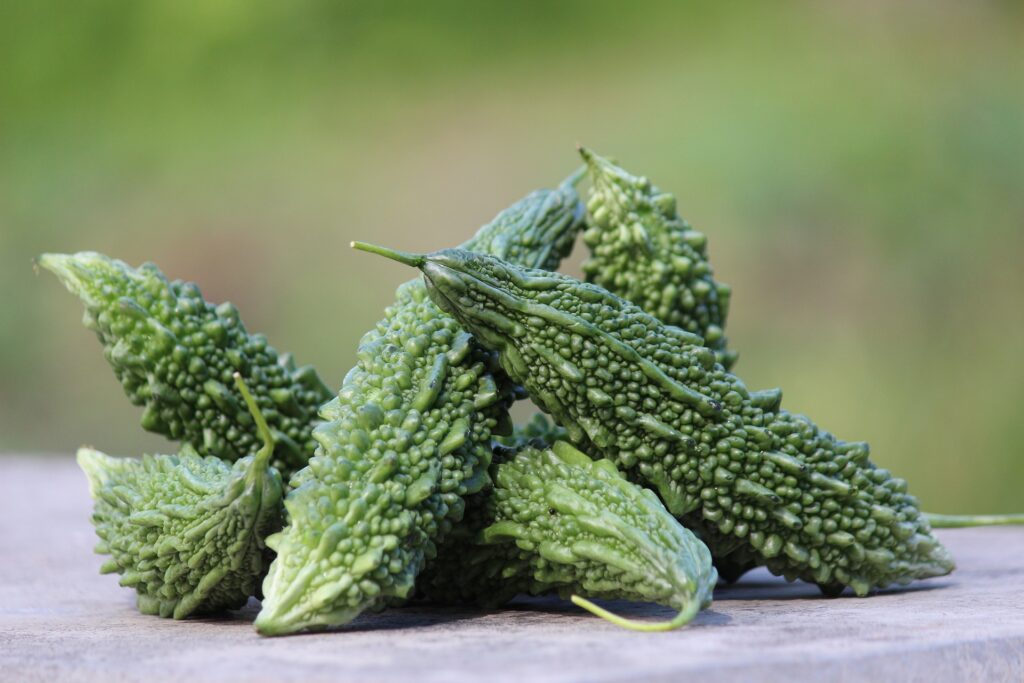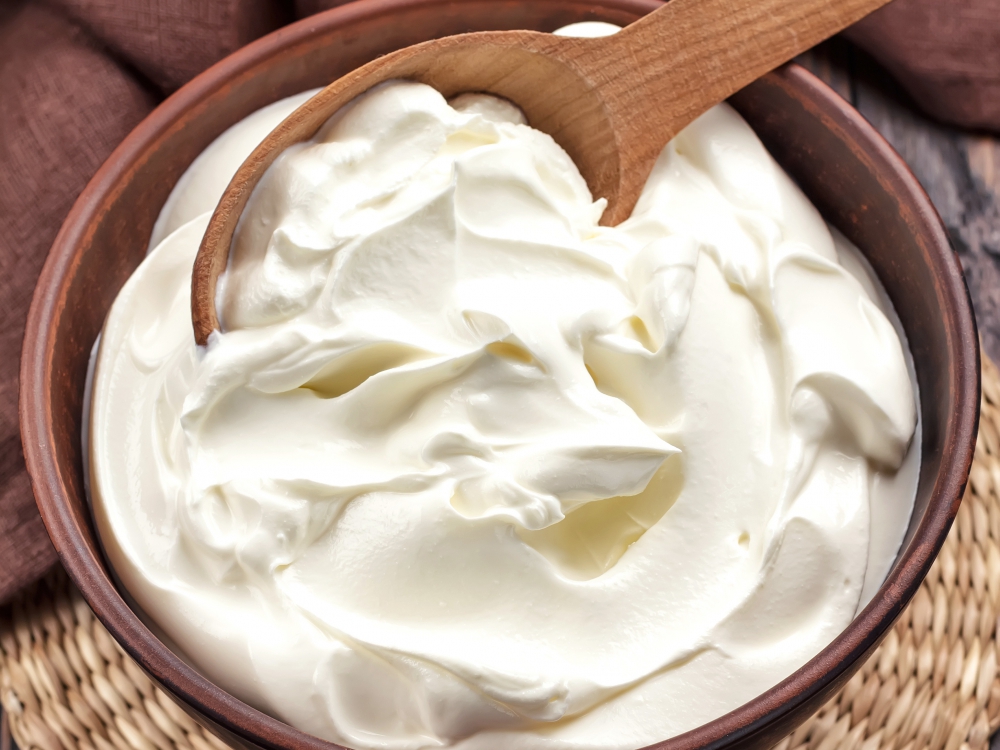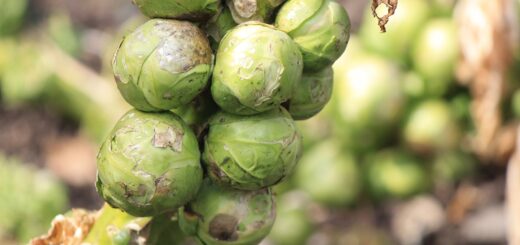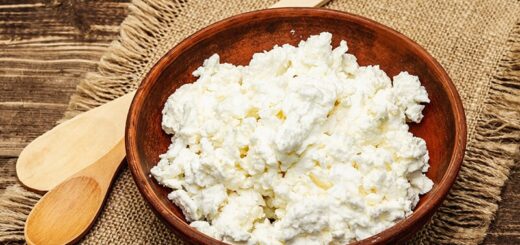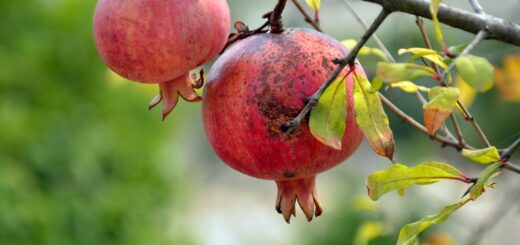Top 10 Foods for Diabetes control
Diabetes is a chronic health condition that occurs when your pancreas makes little or no insulin. When you eat food, your body breaks down most of the food into sugar and releases it into your bloodstream. Your pancreas produces the hormone insulin which allows blood sugar to enter into your body’s cells for use as energy.
But when there isn’t enough insulin or cells stop responding to insulin, too much blood sugar stays in your bloodstream. Overtime, this condition lead to serious health problems like heart disease, vision loss, Nerve damage and kidney disease.
Treatment often includes medications and insulin injections, but diet also plays an important role in managing diabetes. In fact, the food you eat on a daily basis has a direct impact on your blood sugar levels. Here in this article, we have shared the list of top 10 best foods that can help you in controlling your diabetes and also help you in fulfilling your nutritional goals.
10. Kale
Kale is a leafy green non-starchy vegetable that has many essential nutrients which help in reducing the risk of diabetes. Kale also has low glycemic index value at just 32, that means carbs in kale are released slowly into the bloodstream, which is good for people with diabetes.
This vegetable is very low in calories and high in vitamin A, vitamin C, vitamin E, fiber, iron, calcium, potassium and carotenoids. This makes kale a superfood for diabetes patients. Diabetics can eat a lot of kale without getting too many calories and spike in their blood sugar level.
High fiber content in kale helps to regulate blood glucose levels. A study published in the British Journal of Nutrition found that a high-fiber diet can help to improve blood sugar levels and reduce the risk of developing type 2 diabetes. Therefore, try adding kale to your daily diabetes meal plan.
9. Avocado
Avocados are an excellent food choice for people with type 2 diabetes because they are packed with full of vitamins, nutrients, and fiber.
The low-carb, high-fiber ratio of avocado is great for blood sugar stability. The healthy fats found in avocado called monounsaturated fat can help you prevent diabetes complications, like heart attack and stroke, and help you use your insulin more effectively. So, try adding avocados to your daily diabetes diet plan.
8. Walnuts
Walnuts are nutritious food option for diabetics because they are low in glycemic index and loaded with healthy omega-3 fatty acids, dietary fibres and protein.
Healthy fats and dietary fibres in walnuts are known to help build resistance for insulin besides controlling blood glucose levels which helps lower the risk of developing type 2 diabetes. Fibres in walnuts take long time to breakdown and digest, which ensures slow release of sugar in the bloodstream.
A 2018 study at the University of California, Los Angeles showed that three tablespoons of walnuts daily is associated with a 47 per cent lower prevalence of type 2 diabetes. In this study, they found that those who regularly consumed walnuts had a lower prevalence of type 2 diabetes than those who did not. Therefore, we recommend you to include walnuts in your regular diet and see the change for yourself.
7. Oatmeal
Oatmeal originates from oat groats are rich in soluble fiber in the form of beta-glucans, calcium, iron, magnesium, potassium, phosphorus, and zinc. A single cup serving of oatmeal adds 8 g of fiber to the diet.
Eating fiber and magnesium rich foods like oatmeal help people with diabetes to keep their blood sugar stable.
Oats also has a low glycemic index (GI) score that means people with diabetes can eat oats without worrying to get sudden spike in their blood sugar level.
6. Broccoli
Broccoli is a low calorie, low carb food with high nutrient value. It is a rich source of dietary fibres, vitamin C, vitamin K and minerals such as potassium, magnesium, and zinc.
Dietary Fibres take long time to breakdown and digest and this in turn prevents sudden blood sugar spikes. It also has a very low Glycemic Index of just 15, which makes broccoli an ideal fit for diabetics.
An antioxidant compound called sulforaphane found in extracts of Broccoli is quite helpful in managing and controlling the symptoms of type 2 diabetes.
A lab study published in the journal “Diabetes” in 2008, a team of researchers tested the effects of sulforaphane on blood vessel cells damaged by high glucose levels also called hyperglycaemia.
They observed a significant, 73%, reduction of molecules called Reactive Oxygen Species (ROS) which high levels can damage human cells.
Therefore, try to include broccoli in your regular diabetes diet plan. Eating Broccoli can not only help in managing diabetes but also fulfil your body daily nutritional needs.
5. Okra
Okra is a nutritious green vegetable which is low in calories and high in both soluble and insoluble fibre. It is also a good source of calcium, manganese, iron, copper, and vitamin K.
The insoluble fibre is believed to help stabilize blood glucose by slowing the rate at which sugar is absorbed from the intestinal tract. In recent years evidence of okra having anti-diabetic properties has increased because several scientific studies confirming okra as a potent blood glucose-lowering food.
Other than scientific studies, many people with diabetes have reported decreasing blood sugar levels after soaking cut-up okra pieces in water overnight and then drinking the juice in the morning.
4. Sweet potatoes
If you have diabetes, swapping white potatoes with sweet potatoes are a healthier alternative to add to your diet in moderation. They are high in fiber, Vitamin A, vitamin c and have a low glycemic index.
This makes sweet potatoes a superfood for people with diabetes, as they release sugar more slowly and do not raise blood sugar as much.
This veggie also contains plant-based protein, which helps to keep you satiated for long and decreases weight.
3. Bitter Gourd
Bitter gourd also called karela or bitter melon has received the most attention for its anti-diabetic properties. This Veggie has three active substances with anti-diabetic properties, including charanti, which has been confirmed to have a blood glucose-lowering effect, vicine and an insulin-like compound known as polypeptide-p or p-insulin which has been shown to control diabetes naturally.
Bitter gourd also contains nutrients such as iron, potassium, magnesium, vitamin c, dietary fibers, and beta-carotene. These nutrients help people with diabetes in lowering their blood glucose level.
2. Berries
Berries such as strawberries, blueberries, blackberries and raspberries all contain fructose, a natural sugar that doesn’t require insulin to be metabolized. These berries are also low on the glycemic index and are rich in dietary fiber, several antioxidants and phytochemicals. All this makes berries an ideal food choice for people with diabetes.
In recent years, many clinical studies on berries confirms that they can reduce risks of several chronic diseases, including type 2 diabetes.
According to a 2010 study published in The Journal of Nutrition, obese adults with prediabetes improved insulin sensitivity by drinking blueberry smoothies. The study suggested that blueberries can make the body more responsive to insulin, which may help people with prediabetes.
Another study found that eating 37 strawberries daily significantly lowered the risk of diabetes complications, such as kidney disease and neuropathy. Therefore, we recommend you to include these fresh berries in your daily diabetes diet plan.
1. Greek Yogurt
Yogurt is a low glycemic food that is loaded with many beneficial nutrients like calcium, vitamin D, protein and beneficial bacteria.
The American Diabetes Association (ADA) recommend yogurt as part of a healthful diet for diabetics.
For people with diabetes, plain Greek yogurt made from cow milk is ideal, because this variety of yogurt gets strained to remove more liquid, so it’s thicker and creamier than the regular kind.
A 2017 study in Evidence Based Care Journal reported that people with type 2 diabetes who consumed three 100-gram portions of probiotic yogurt per day had lower blood glucose, cholesterol, and diastolic blood pressure than a people who didn’t consume yogurt.

